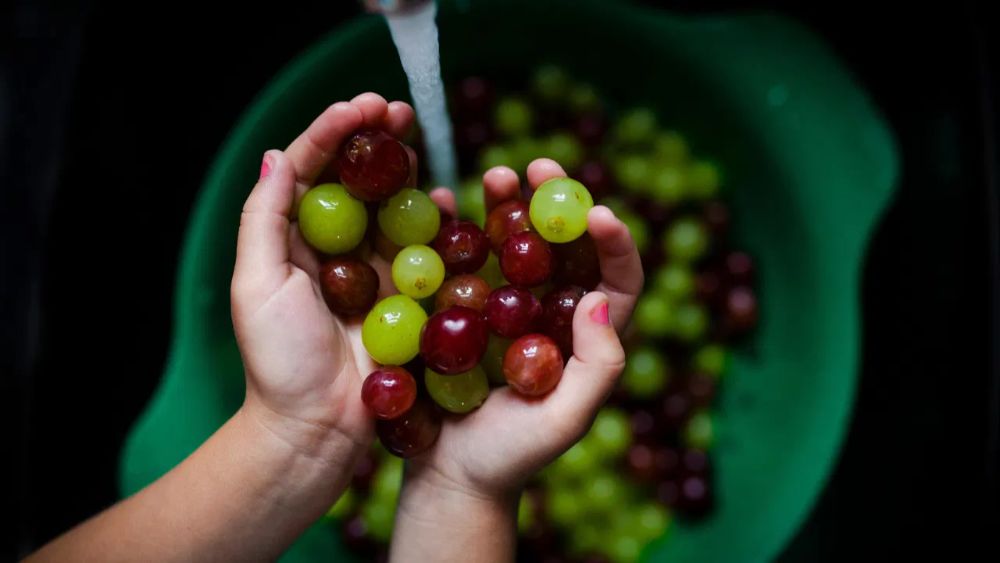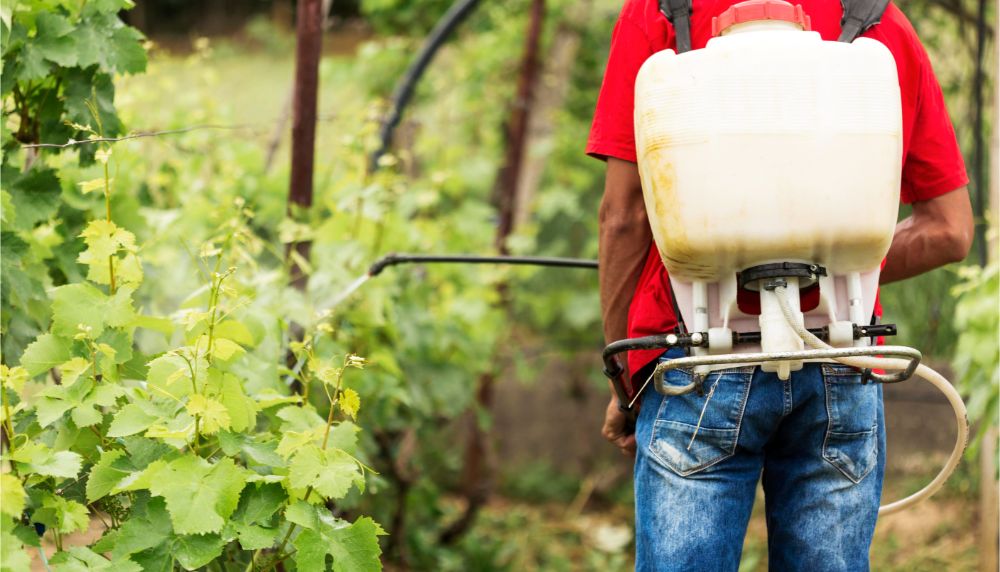Instagram reels portraying the dangers of consuming unwashed grapes have been circulating widely, raising concerns about pesticide contamination and urging thorough cleaning before consumption. These videos caution against the potential health risks, particularly for children, associated with pesticide-laden grapes.

Expert Insights:
Dr. Rahul Adsul, a prominent child specialist, voiced concerns over the seasonal surge in throat infections linked to strawberry and grape consumption. While emphasising the need for thorough cleaning, he provided steps to mitigate pesticide exposure.

Dr. Meenakshi Jain, director of internal medicine at Max Super Speciality Hospital, Patparganj, underscored the health hazards posed by pesticide residues on grapes. She highlighted the importance of understanding the risks associated with consuming such fruits.
Persistent Concerns:
The issue of heavy pesticide use in grape cultivation is not new. Reports have consistently highlighted the presence of numerous pesticide residues on conventionally grown grapes, including carcinogens and hormone disruptors.

Deepti Khatuja, a clinical nutritionist, emphasized the detrimental effects of pesticide residues on human health and ecological balance. She shed light on the alarming practices employed to protect grape crops from pests.
Baking Soda Solution: Fact or Fiction?
Popular Instagram suggestions advocate for soaking grapes in warm water with baking soda and salt to remove chemical residues. However, experts caution that this method may only partially reduce surface-level residues and recommend additional measures for effective cleaning.

Proper Cleaning Protocol:
Experts advise washing grapes thoroughly under running water and soaking them in a vinegar solution to break down pesticides. Rinsing again after soaking ensures the removal of any remaining residues.
While grapes remain a delightful snack, ensuring proper cleaning is essential to mitigate potential health risks associated with pesticide residues. This precaution extends to all fruits and vegetables, emphasising the importance of conscientious consumption and hygiene practices.
